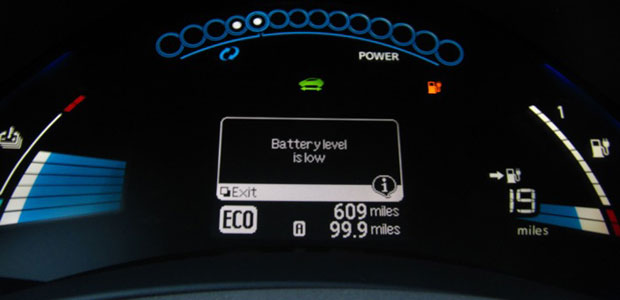 As congressional Republicans and the Trump Administration try to roll back the clock to promote gas-guzzlers over zero-emission vehicles, China, South Korea and Japan are all vying to dominate the battery market for electric vehicles. So far, China is outstripping its neighbors, as Nikkei Asian Review reports:
As congressional Republicans and the Trump Administration try to roll back the clock to promote gas-guzzlers over zero-emission vehicles, China, South Korea and Japan are all vying to dominate the battery market for electric vehicles. So far, China is outstripping its neighbors, as Nikkei Asian Review reports:
Last year Chinese makers claimed seven of the top 10 slots on the list of the world’s largest suppliers of lithium-ion batteries for EVs, according to Chinese research company Gaogong Industry Research Institute. BYD ranked third globally, after Panasonic — which produces batteries for Tesla — and China’s Contemporary Amperex Technology Ltd., or CATL, the world’s top EV battery manufacturer.
According to projections by Bloomberg New Energy Finance, China will produce 70% of the world’s electric-vehicle batteries by 2021. The potential rewards are huge: Goldman Sachs estimates that sales of batteries to power cars will rise from under $10 billion to $60 billion by 2030, driven by a global push to reduce greenhouse gases.
South Korea and Japan have long histories in this field though and won’t fade quietly. For example, Panasonic in Japan provides Tesla with its batteries, while South Korea’s LG Chem has supplied Chevrolet.
But China’s emerging dominance should be cause for concern for those nations that would like to gain a piece of the profits from the burgeoning electric vehicle market. And while strong Chinese investment in batteries should be good for consumers overall through cheaper battery and vehicle prices, we’ve seen before the negative effects of having just a handful of countries control the market for fueling.
Either way, this booming East Asian investment in zero-emission vehicles should put American policy makers on alert about how much the U.S. stands to lose by ceasing to support crucial clean vehicle technology.


